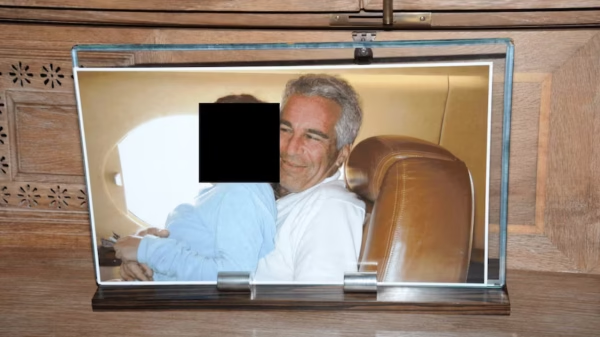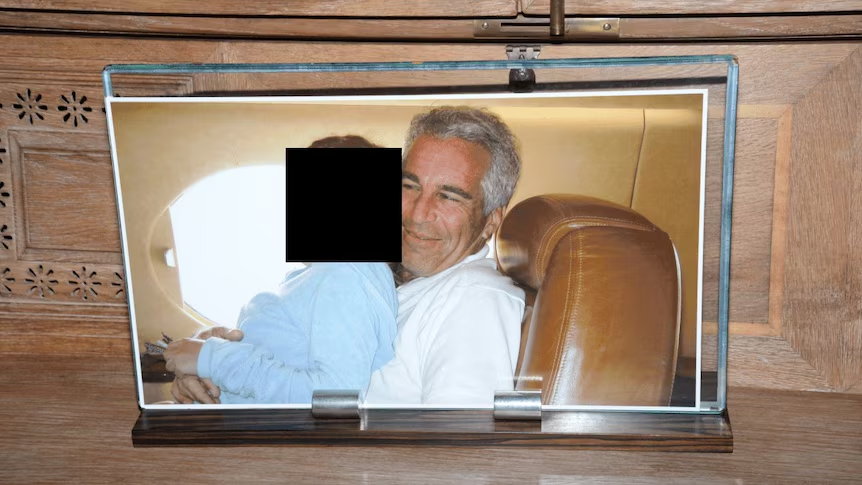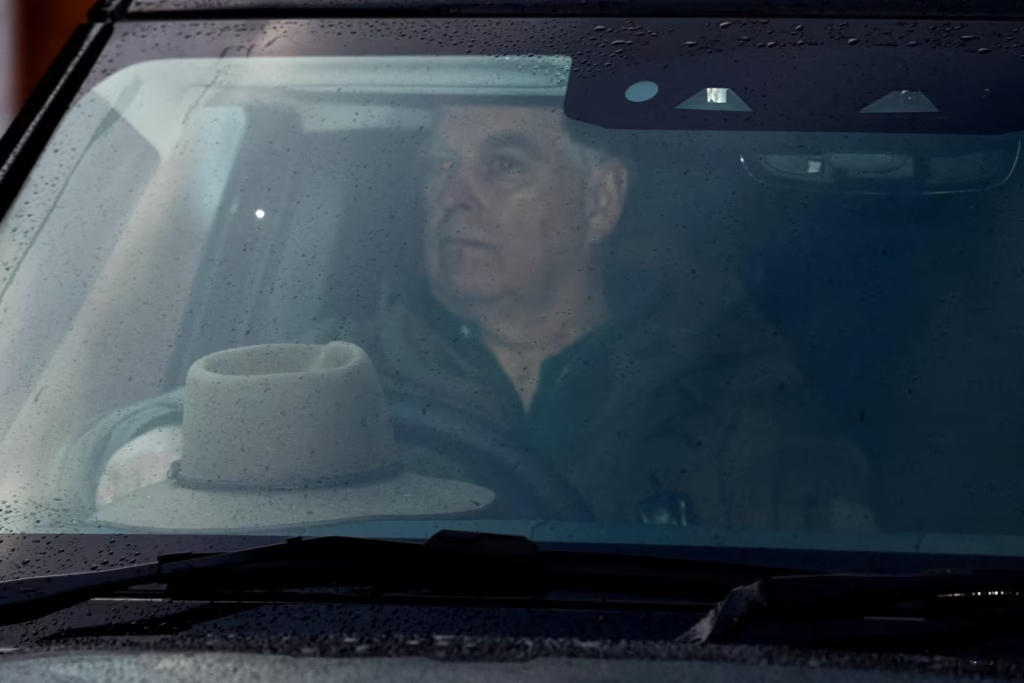At age 21, after losing her boyfriend to a stray bullet, St. Louis-native Shamari Jackson redirected her life from a planned career in forensics to the halls of mortuary science. Today, as a licensed funeral director and embalmer, she supports families of homicide victims, offering not only professional care but also empathy borne of personal tragedy. Her role goes beyond arranging services—it becomes a pathway for healing, both for her and the families she serves.
From personal trauma to professional calling
Jackson’s journey began in the wake of profound loss: her boyfriend was killed in a shooting, and she also grappled with the unresolved grief of losing her mother at a young age. Rather than retreat, she enrolled in mortuary science after shadowing at a funeral home. There, she discovered that preserving the dignity of the deceased could help her face her own mourning—and in turn support others in similar pain.
She describes her role as a “last responder,” stepping in when the body of a loved one arrives and guiding families through the rituals of farewell. This isn’t what she originally intended when she studied general education, but it is now where she feels her purpose lies.
Meticulous care and memorial connections
In cases of non-natural death—especially gun homicides—Jackson faces complex restorative work: reconstructing injuries, repositioning features, ensuring tattoos and piercings are preserved so the deceased resemble themselves in life. “My thing is to make them look like they’re sleeping,” she says.
Her attention to detail goes beyond the technical. She maintains meaningful relationships with families—attending memorials, remembering anniversaries, sending mementos. These connections help keep victims’ memories alive and show the families they are not forgotten.
Grief, reflection and the unspoken toll
Jackson observes that her generation has become surprisingly numb to trauma because violence is so frequent. She frames grief like rain—sometimes you sense it coming, sometimes it knocks you down unexpectedly.
By openly acknowledging pain in her practice—telling families it’s okay to feel uncomfortable, to cry, to not be “fine”—she models a healthier relationship with loss. For Jackson, learning about death and care for the deceased became unexpectedly therapeutic: “Getting an education in death was almost like free therapy.”




















































